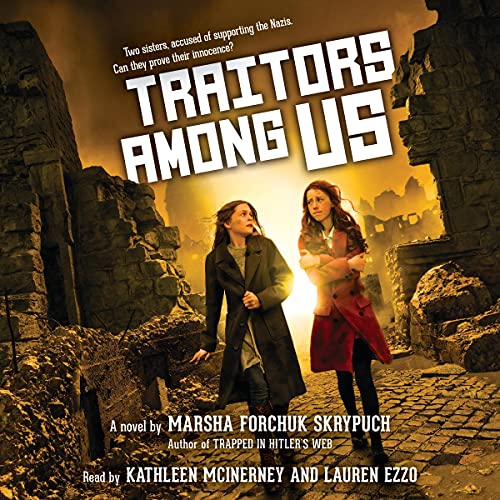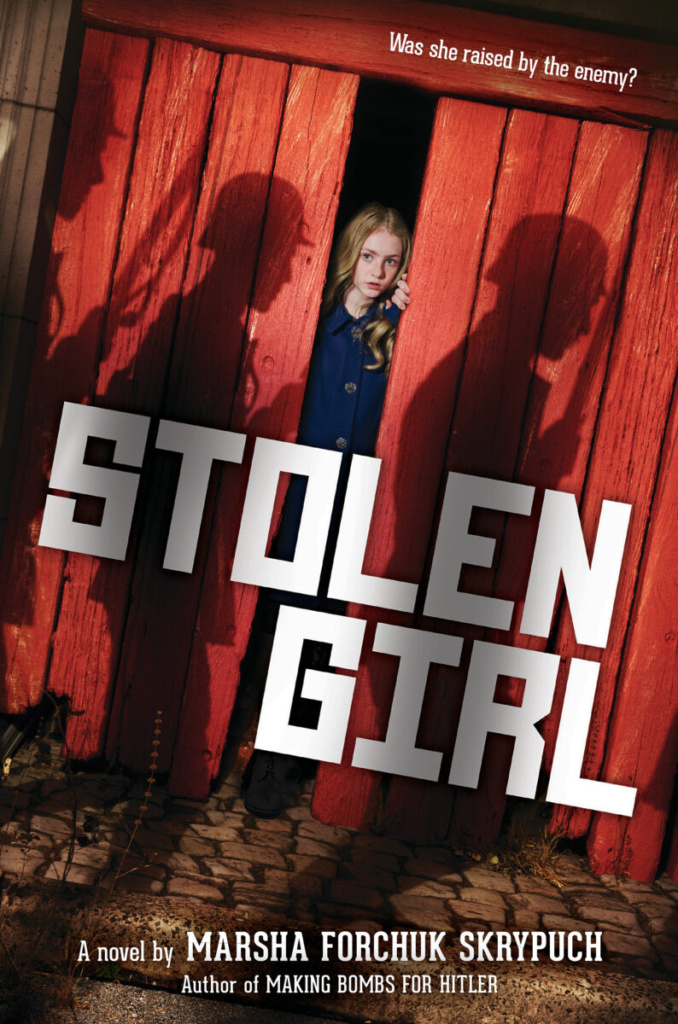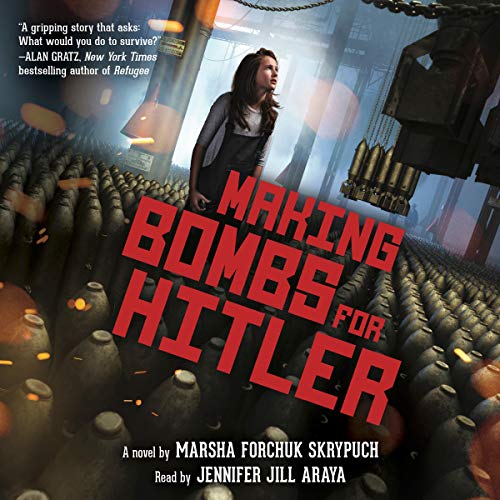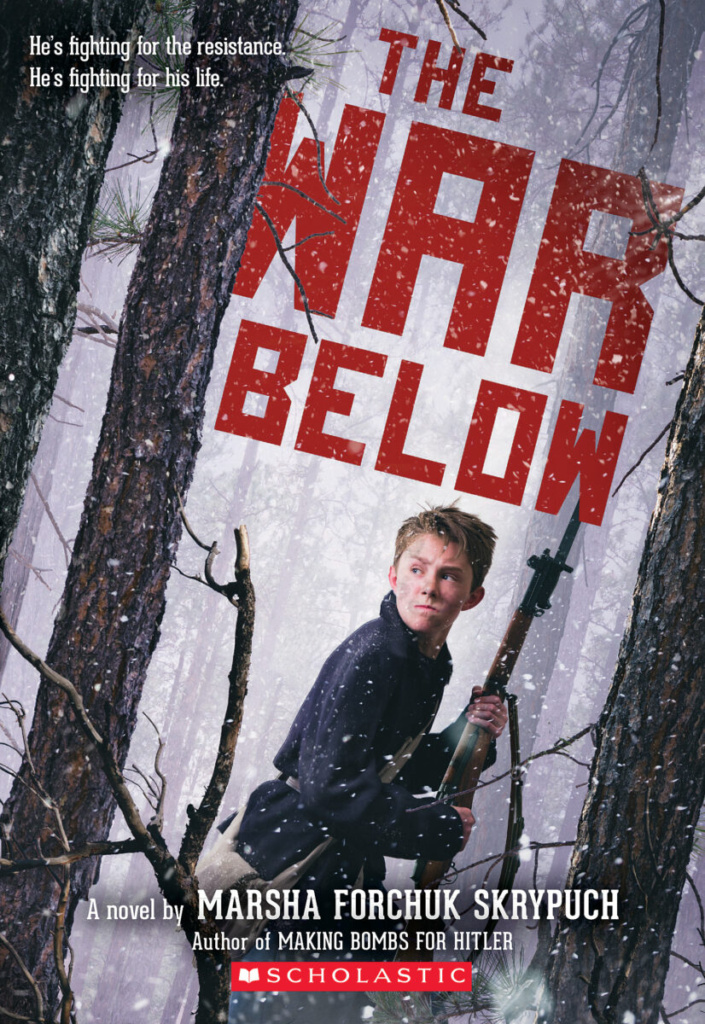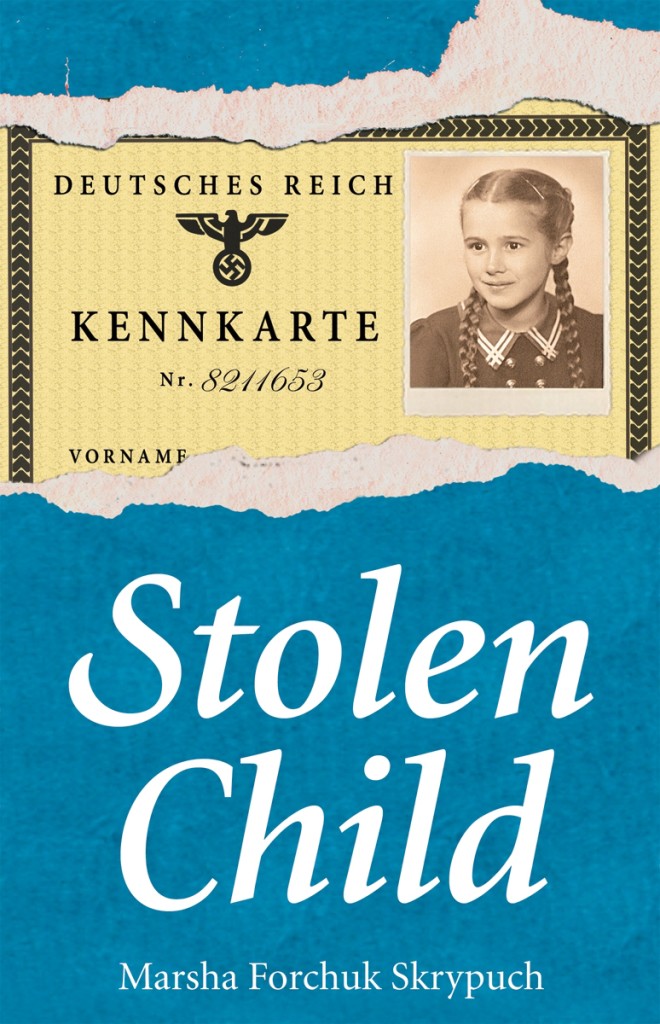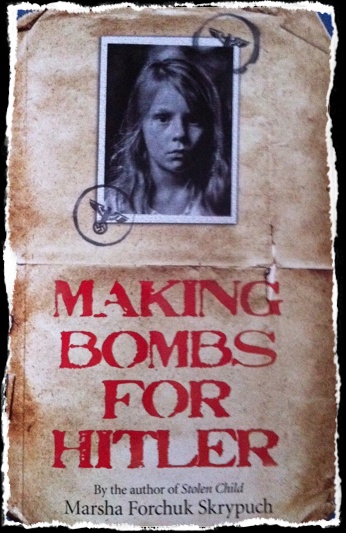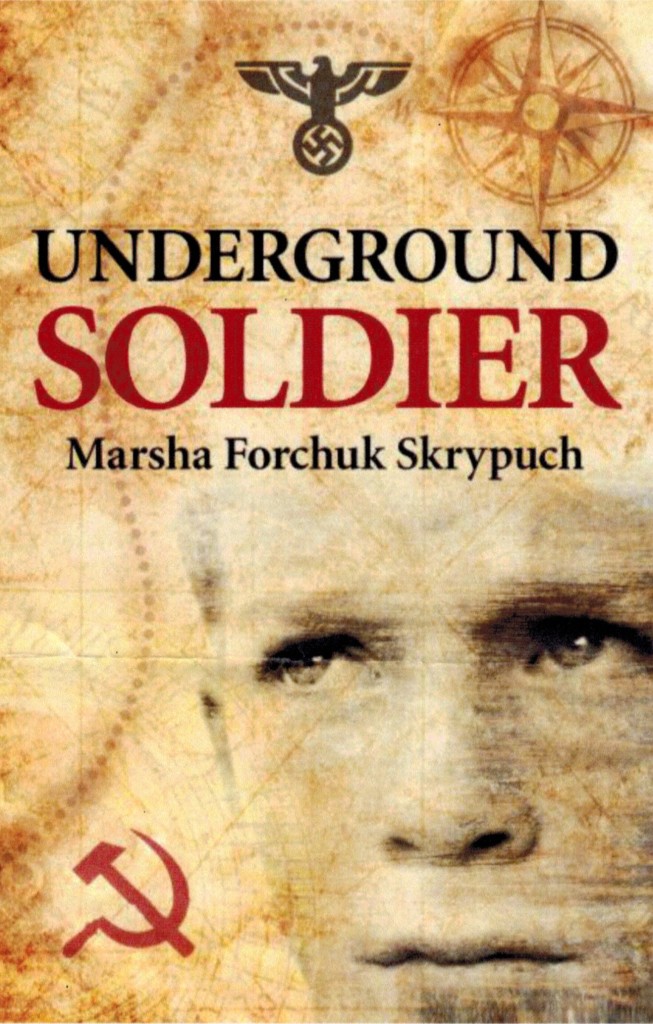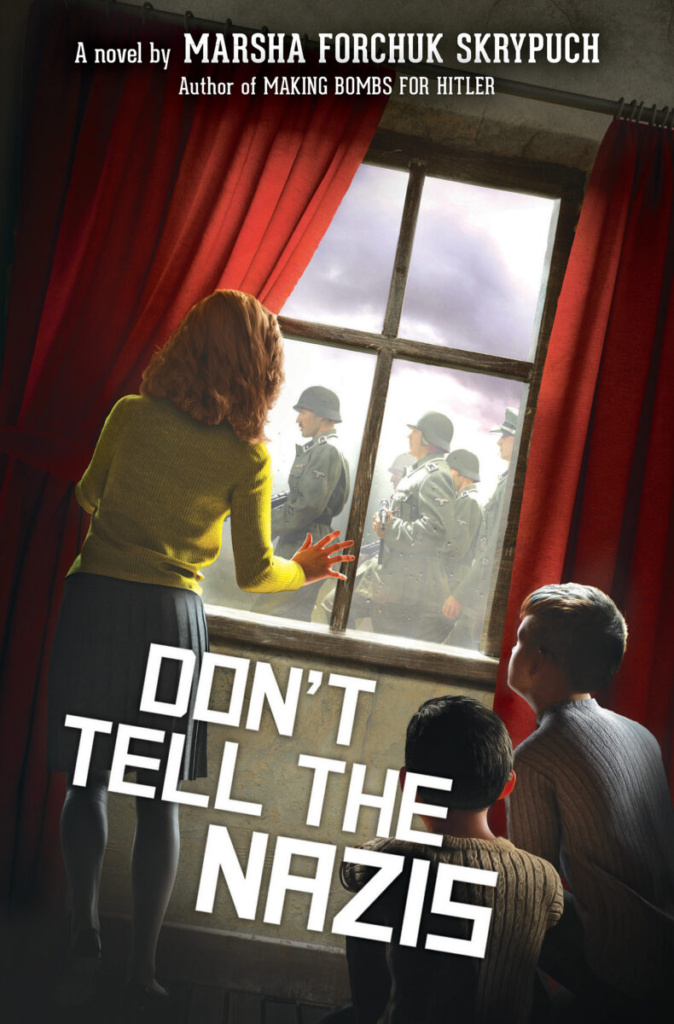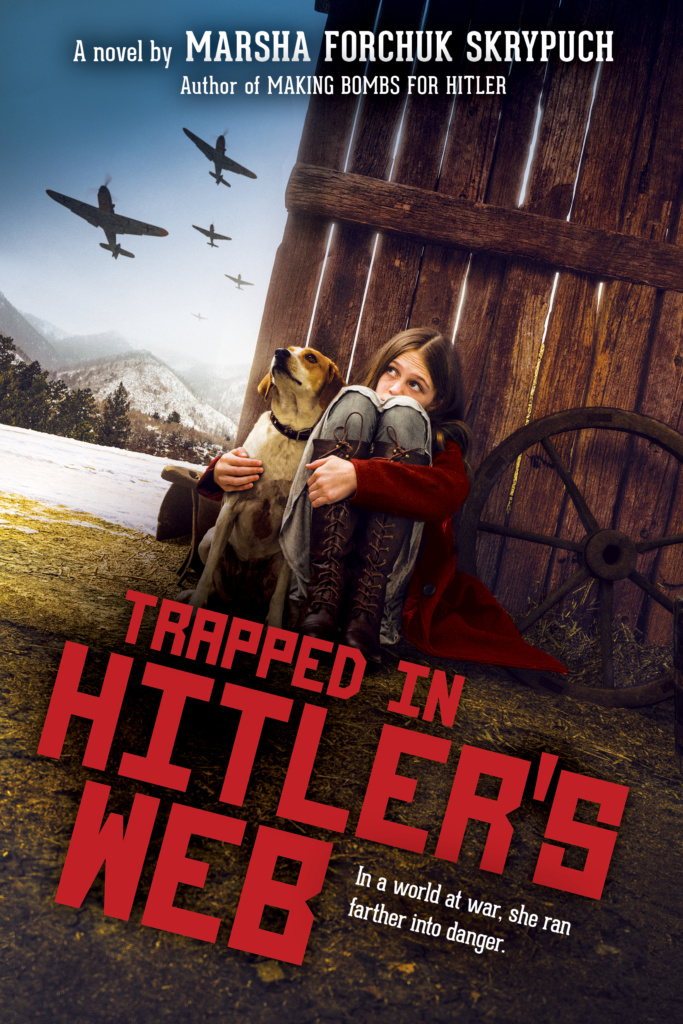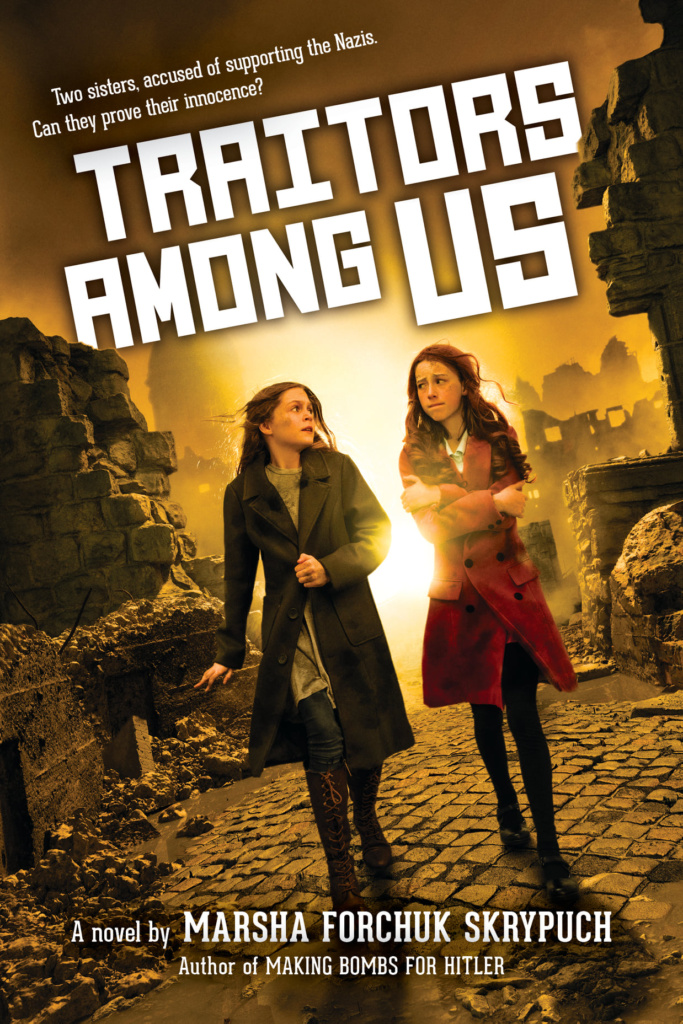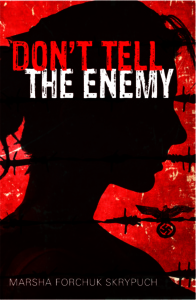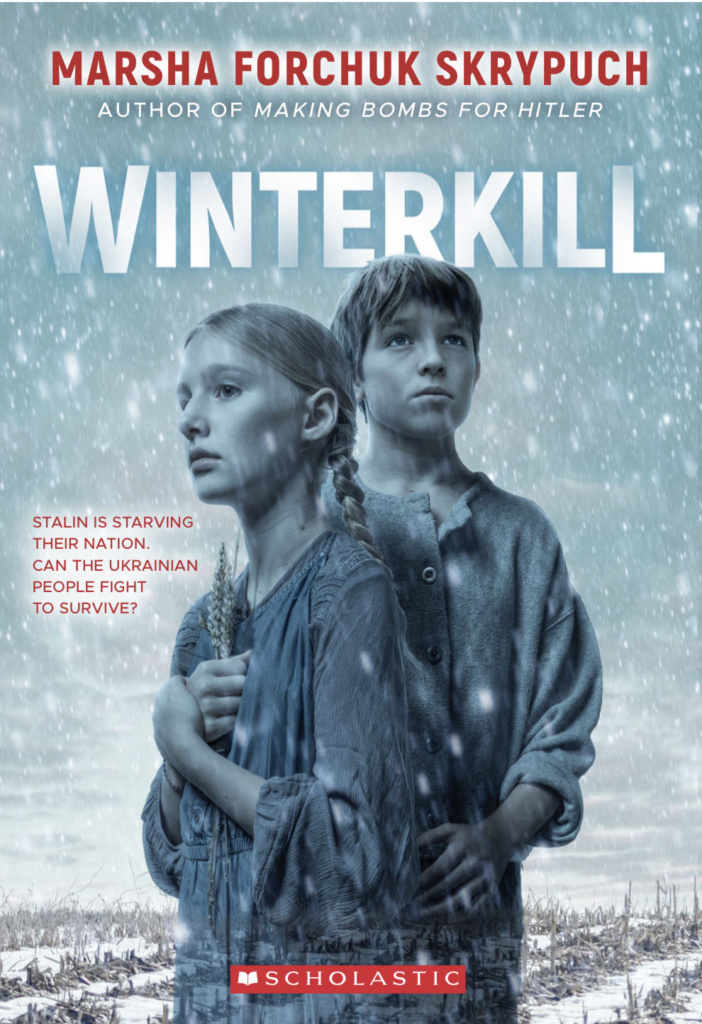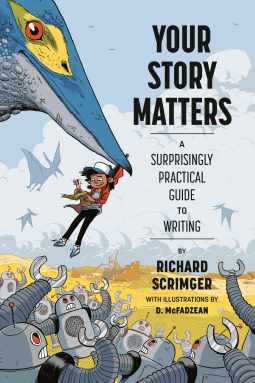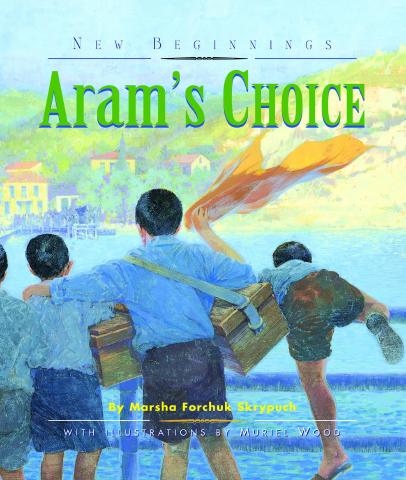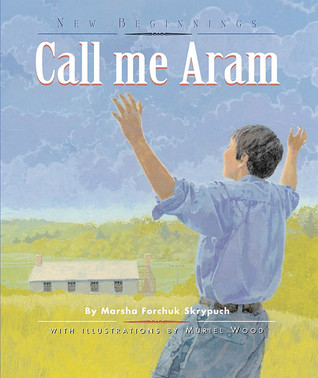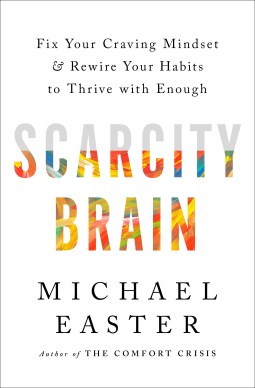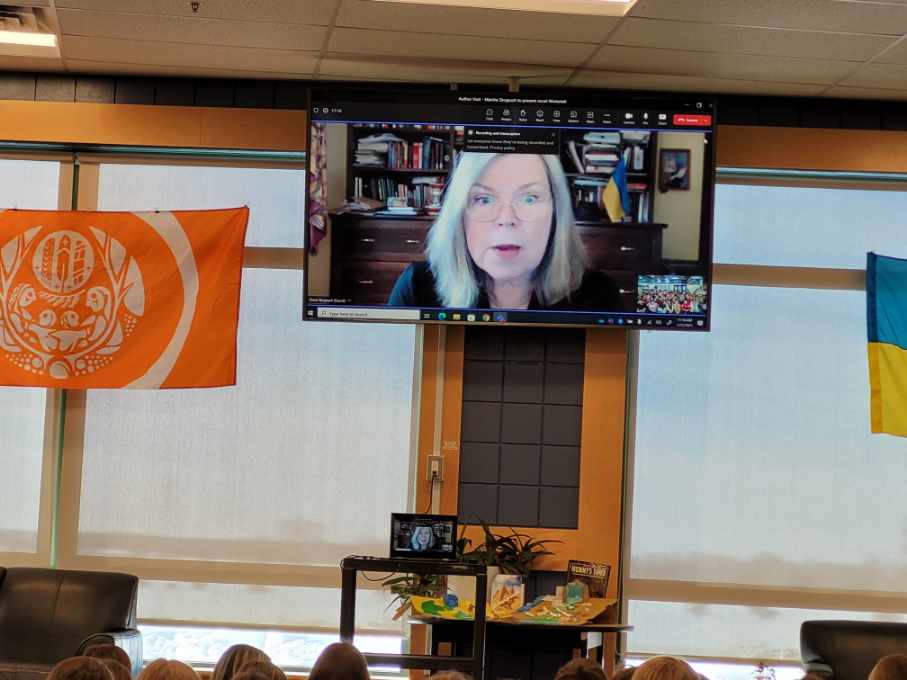
On World Read Aloud Day (WRAD) I’m donating 12 back to back 15 minute readings / quick chats with 12 schools. Many thanks to Kate Messner who helps distribute a listing of authors willing to volunteer their time on WRAD so that students who might otherwise never hear an author read, get to do so! My schedule filled up within a day or so of being posted. The final slot was an add-on because two Manitoba students (Zander and Chaz) wanted to interview me, so I offered them this instead. Their whole class is joining in.
10:15-10:28: Sterling Grade School
10:30 – 10:43: Colchester Middle School
10:45-10:58am: Tucker Creek Middle School, NC
11am to 11:13am: Batesburg-Leesville Middle School NC
11:15-11:28am: 6th grade Mamaroneck UFSD
11:30 – 11:43: Seneca East Local Schools, Attica Ohio
11:45 – 11: 58: S. C. Lee Junior High ccisd.com
12-12:13: grades 5/6 Gideon Welles School, Glastonbury, CT
12:15 – 12:28: 6th grade, Polly Ryon Middle School in Rosenberg, Texas
12:30 (9:30 pacific) – 12:43: 8th grade, Paakuma’ San Bernardino City, California
12:45 (9:45 pacific) – 12:58: Orland California, CK Price MS
1pm – 1:15: 8th grade, Melita School, Manitoba






